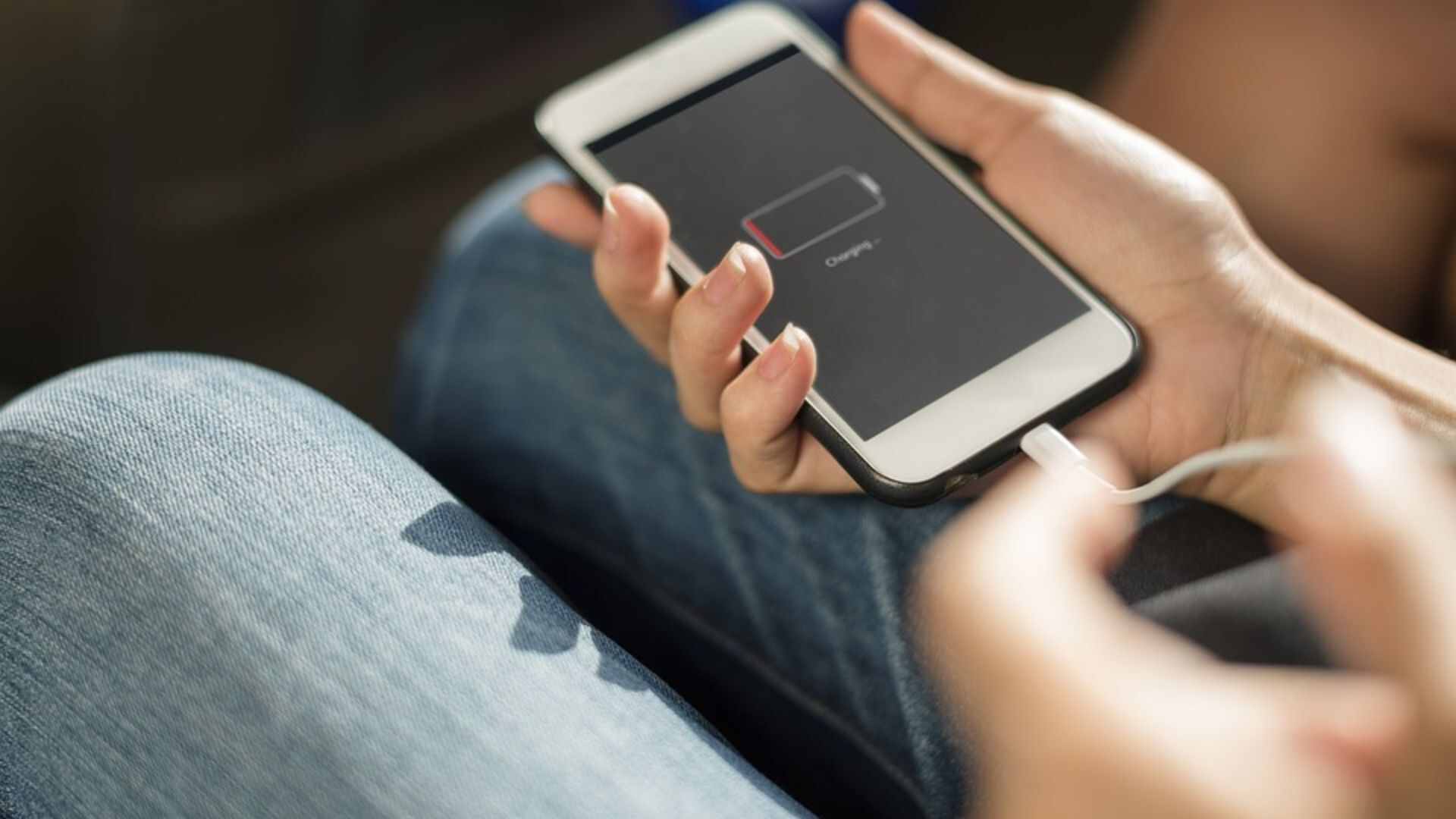An Indian-origin researcher, Ankur Gupta, and his team have developed a new technology that can rapidly charge dead laptops, phones, or electric cars. Published in the journal Proceedings of the National Academy of Sciences, their study focuses on understanding how ions move within a network of tiny pores. Gupta, an assistant professor at the University of Colorado Boulder, believes this breakthrough could lead to more efficient energy storage devices, particularly ‘supercapacitors’.
This advancement is crucial not only for vehicle and electronic device energy storage but also for power grids. Gupta explained that efficient storage is vital for managing fluctuating energy demand, ensuring minimal waste during low-demand periods, and enabling rapid delivery during high-demand times. Supercapacitors, which rely on ion collection in their pores, offer faster charging times and longer lifespans compared to batteries.
Researchers highlight the significance of their discovery in understanding ion movement within complex networks of pores. Previously, ion movements were only studied in single straight pores. This new understanding allows for the prediction of ion flow in intricate networks of thousands of interconnected pores within minutes.









